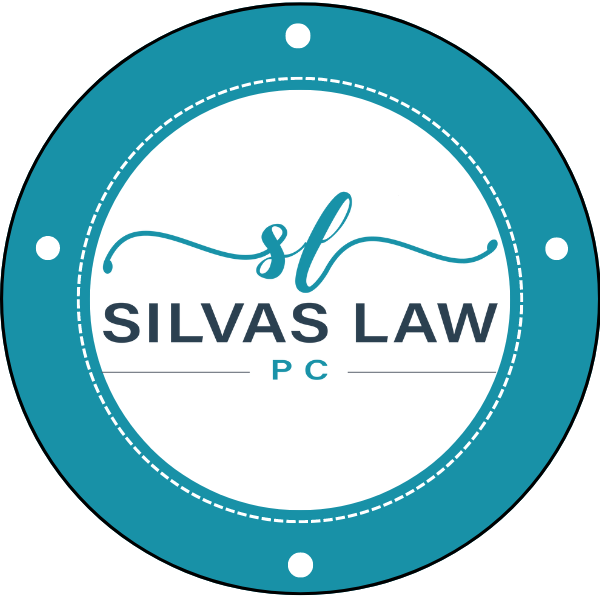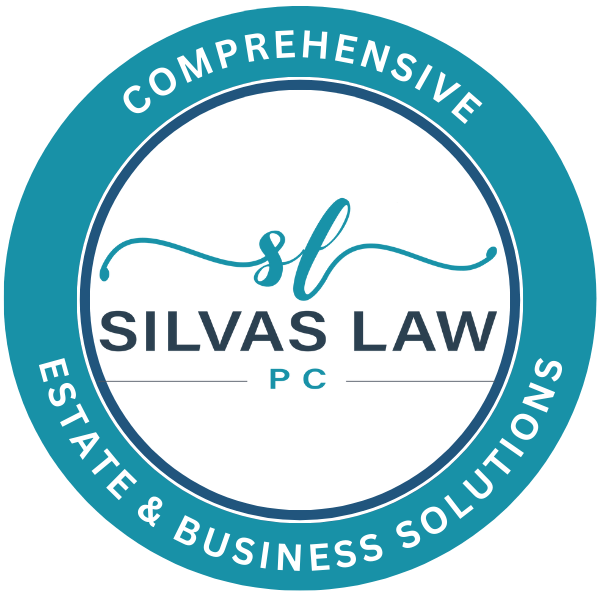Why Putting Your Family Home In A Trust Is A Smart Move—Part 1
If you are like many homeowners, your home is likely your family’s most valuable and treasured asset. In light of this, you want to plan wisely to ensure your home will pass to your heirs in the most efficient and safe manner possible when you die or in the event you become incapacitated by illness or injury.
Indeed, proper estate planning is as much a part of responsible homeownership as having homeowners insurance or keeping your home’s roof well maintained. When it comes to including your home in your estate plan, you have a variety of different planning vehicles to choose from, but for a variety of different reasons, putting your home in a trust is often the smartest choice.
Although you should consult with us your Personal Family Lawyer® to identify the best estate planning strategies for your particular circumstances, in this two-part series we’ll discuss how trusts work (both revocable and irrevocable), and then outline the most common advantages of using a trust to pass your home to your loved ones compared to other planning strategies.
What Is A Trust?
In simplest terms, a trust is an agreement between the “Grantor” (the person who puts assets into the trust) and the “Trustee” (the person who agrees to hold those assets) to hold title to assets for the benefit of the “Beneficiary.” Now, when the trust is a Revocable Living Trust, this agreement is typically made between YOU as the Grantor, and YOU as the Trustee, for the benefit of YOU as the beneficiary.
Why would you want to make an agreement with yourself, to hold title to assets for yourself, for the benefit of yourself? Well, it’s because by doing so you remove those assets from the jurisdiction of the court in the event you become incapacitated or when you die, and instead, you give the power to transfer those assets to your successor Trustee to handle without government or court intervention and keep it all totally private. This saves your family significant time, money, and headache. Types of Trusts
While there are numerous different types of trusts available, when it comes to passing your home to your heirs, the two most commonly used trusts are a revocable living trust and an irrevocable trust.
Revocable Living Trust
When using a revocable living trust, or living trust, you are free to change the trust’s terms or even terminate the trust completely at any point while you are living, thus the term “living” trust. You typically act as your own trustee during your lifetime, and then you name someone (and ideally more than one someone in succession) as a successor trustee to take over management of the trust when you die or in the event of your incapacity. At that point, your successor trustee will be responsible for managing the assets, and eventually distributing the trust assets to your chosen beneficiaries according to the instructions contained within the trust’s terms. Because you remain in control of the assets held by a living trust, the assets are still considered part of your estate for estate tax purposes, and assets held in a living trust are not protected from your creditors or lawsuits during your lifetime. This is a very important and often misunderstood point.
A revocable living trust does not protect your assets from creditors or lawsuits, and it has no impact on your income taxes. That said, as long as the assets are held by a living trust, they can be protected from your beneficiaries’ creditors, lawsuits, and even a divorce settlement. More on this below.
The key benefit of a living trust is to pass your assets (including, and especially your home) without any need for court or government intervention, and to ensure your home (and other assets) pass in the way you want, to the people you want.
Irrevocable Trust
Unlike a revocable living trust, an irrevocable trust is (as the name implies), irrevocable. This means that the terms of the trust cannot be changed, and the trust cannot be terminated once it’s been executed. When you transfer assets into an irrevocable trust, you relinquish all ownership of the assets, and the trustee you have named takes total control of the assets transferred into the name of the trust. Because you no longer own the assets held by the trust, those assets are no longer considered part of your estate, and they typically won’t be subject to estate taxes upon your death, and they eventually will not be vulnerable to creditors or lawsuits, as long as the trust is properly constructed.
Although avoiding estate taxes and gaining protection from creditors and lawsuits may sound like a huge benefit, irrevocable trusts come with some serious restrictions and can be quite complex to set up. Because you no longer own the assets held in an irrevocable trust and generally cannot change the trust terms or terminate the trust once it’s been executed, putting your home in this type of trust should only be done with very clear and specific legal guidance by a lawyer who specializes in asset protection.
In light of these factors, if you are looking to set up an irrevocable trust in order to qualify for Medicaid, lower your estate tax liability, or for some other reason, meet with us to discuss your options.
Putting Your Home Into A Trust
For a trust to function properly, it’s not enough to simply list the assets you want the trust to cover. When you create your trust, you must also transfer the legal title of your home and any other assets you want held by the trust from your name into the name of the trust. Retitling assets in this manner is known as “funding” your trust.
Funding your trust properly is extremely important because if an asset, such as your home, hasn’t been properly funded to the trust, the trust won’t work, and your family will have to go to court in order to take over ownership of the property. Given this, it’s critical to work with us, your Personal Family Lawyer® to ensure your trust works as intended.
While many lawyers will create a trust for you, few will ensure your assets are properly funded. As your Personal Family Lawyer®, we will not only make sure your home and other assets are properly titled when you initially create your trust, we will also ensure that any new assets you acquire over the course of your life are inventoried and properly funded to your trust. This will keep your assets from being lost, as well as prevent your family from being inadvertently forced into court because your plan was never fully completed. Next week, in part two, we'll continue with our discussion of the benefits of putting your family home in a trust.

This article is a service of Tammy Silvas, Family Business Lawyer®. We offer a complete spectrum of legal services for businesses and can help you structure your operations for success. One of our primary services is a LIFT Start-Up Session,™ in which we guide you through the right choice of business entity, location of business entity, start-up agreements, intellectual property protection, employment structuring, insurance, financial and tax systems you need to start your next business and succeed right out of the gate. This session is normally $5,000, but if you are one of the first three people to schedule, we’ll take you through the entire LIFT Start-Up™ process for half that investment. Call us today to schedule a time to have a conversation!















